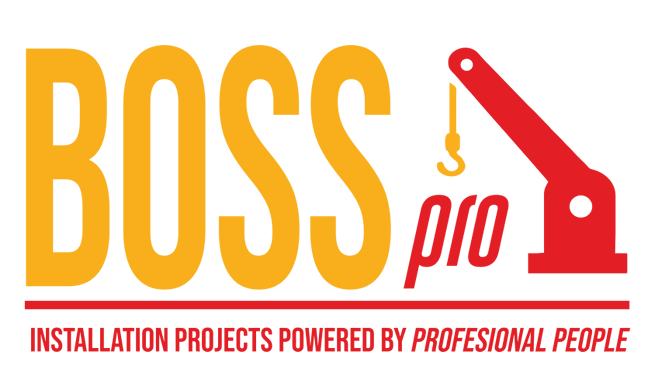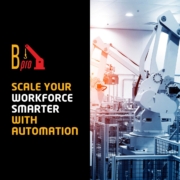Scaling Your Workforce with Automation: Strategies for Growth
Reference: Adapted from “Scale Your Workforce with Effective Automation: Tools for Growth”, original article.
In today’s fast-paced market, scaling your workforce goes beyond hiring more staff—it’s about enhancing capabilities, optimizing workflows, and increasing productivity without overextending resources. Automation plays a pivotal role in achieving this balance, helping companies focus on strategic priorities while managing growing demands.
Why Workforce Scaling is Critical
Businesses across industries need to adapt quickly to market changes. By leveraging automation, companies can handle higher workloads efficiently, reduce reliance on additional hires, and allow employees to focus on high-value tasks that drive long-term growth.
The Role of Automation
Automation streamlines repetitive processes, reduces human error, and ensures consistency across operations. It acts as a strategic enabler, allowing organizations to scale without compromising quality or overburdening staff.
Automation Tools for Workforce Growth
-
Recruitment Automation: AI-driven tools screen resumes, schedule interviews, and conduct preliminary assessments to accelerate hiring and identify the right talent.
-
Onboarding and Workflow Management: Automated onboarding platforms ensure a consistent experience for new hires, while workflow systems like Asana or Monday.com optimize task assignments and team collaboration.
-
Document Automation: Platforms such as PDFNet automate document generation, editing, and distribution, improving efficiency and reducing manual effort.
-
Project Management Tools: Solutions like Trello and Jira help teams manage projects effectively, track progress, and facilitate collaboration as businesses grow.
-
Staff and Performance Management: Automated systems for performance tracking and SAP workforce management increase accuracy, provide real-time feedback, and enhance productivity.
Challenges to Consider
Implementing automation may face resistance from employees, require significant initial investment, involve complex setup, and occasionally reduce flexibility.
Tips for Effective Automation
-
Start with smaller processes to test effectiveness.
-
Provide training to employees for smooth adoption.
-
Select tools that match your organization’s specific needs.
-
Monitor progress and adjust as necessary to maximize impact.
By integrating automation strategically, businesses can scale efficiently, maintain high standards, and empower their workforce to focus on the activities that truly drive growth.










